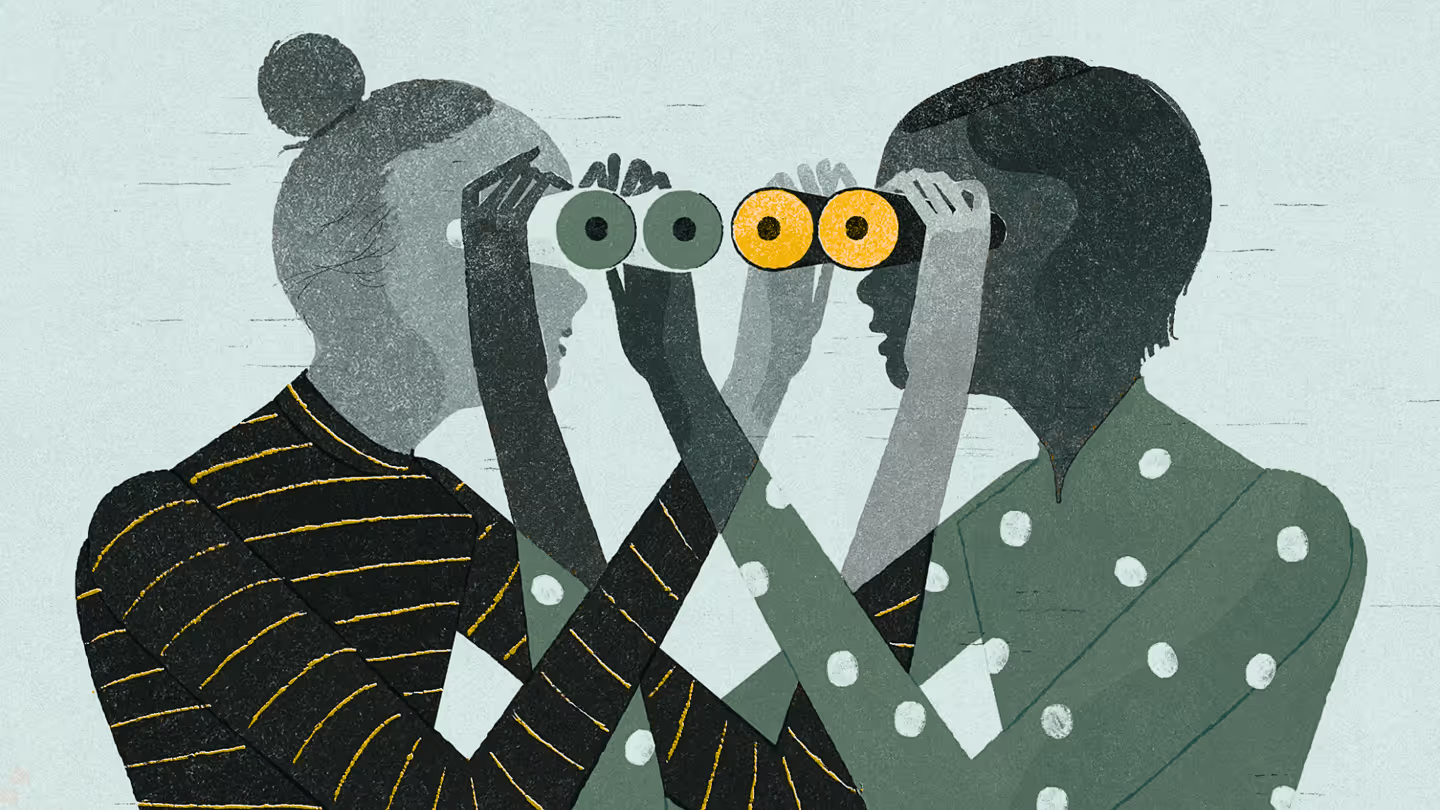A Door. A Baby. And a Small Reminder About Empathy.

A Door. A Baby. And a Small Reminder About Empathy.
It was a regular weekend.
My wife, our 1.5-year-old son, and I were at a busy mall. We were heading out- nothing special.
My wife opened the door.
And then… something happened.
One person walked in.
Then another.
And another.
No one said “thank you.”
No one said “you first.”
No one offered to hold the door or even acknowledged her.
She stood there holding the door and our toddler for nearly two full minutes.
And as we finally walked out, she quietly said: “Talk about empathy…”
That one sentence stuck with me.
We Talk About Empathy All the Time.
At TinkerLabs, empathy isn’t a buzzword.
It’s where everything begins.
Design Thinking. Problem-solving. Behaviour change. It all starts there.
We put it on our slides. We build frameworks around it.
We nudge teams to practise it — in workshops, sprints, and field research.
But moments like this one make me wonder:
Do we really live it?
When it’s inconvenient?
When it’s subtle?
When it’s not part of a workshop activity?
They Weren’t Rude. They Were Just… Elsewhere.
That’s the part I keep coming back to.
The people walking in weren’t being unkind. They were just distracted. On their phones. In their heads.
Not seeing what was right in front of them.
And honestly I’ve been that person. Many times.
This isn’t about judgment.
It’s about what happens when we slip into autopilot.
We stop noticing. We stop responding.
We stop being present.
And that’s when empathy fades.
The Real Work Is in the Noticing.
Empathy isn’t always about huge gestures.
It’s about tuning in to the person, the moment, the subtle ask.
It could be a woman holding a door and a child.
Or a teammate who’s quiet in the meeting.
Or a field worker trying to balance data collection with local expectations.
It’s in these small spaces that empathy either shows up — or disappears.
At TinkerLabs, we keep coming back to this idea:
Simple ideas move the world.
But first, you need to notice them.
So, Here's a Gentle Nudge.
Look around.
Someone might be holding a door open for you.
Not with their hands — but with their time, their patience, or just the space they’re creating.
Did you notice?
Because in the work we do whether with a corporate team or a rural health worker —
empathy isn’t a step.
It’s the stance.








